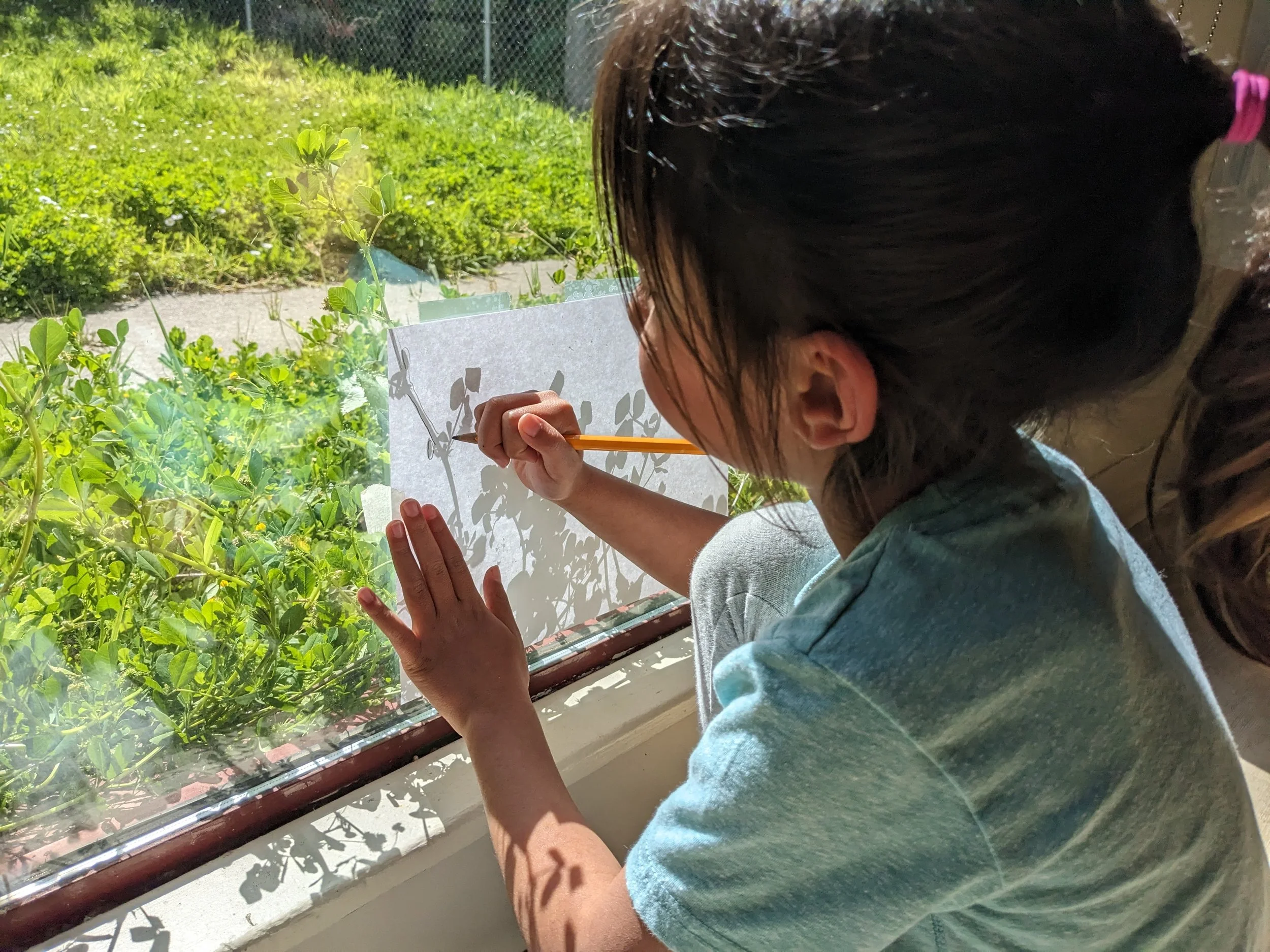
Our Mission
OUR MISSION
To honor and nurture a diverse community of children to reach their potential as learners, participants, stewards, and critical thinkers in society.
To empower those in the presence of children with knowledge, skills, and resources to raise and teach children with respect and dignity.
GUIDING PRINCiPLES
Within the rich inquiry and play-based curriculum at Cypress School, the following principles guide as well as define our approach to learning and teaching:
Every child is capable and competent.
Children learn through play, investigation, inquiry and exploration.
Children and adults learn and play in reciprocal relationships with peers, family members, and teachers.
Adults recognize the many ways in which children approach learning and relationships, express themselves, and represent what they are coming to know.
Process is valued, acknowledged, supported, nurtured and studied.
Documentation of learning processes acts as memory, assessment, and advocacy.
The indoor and outdoor environments, and natural spaces, transform, inform, and provoke thinking and learning.
School is a place grounded in the pursuit of social justice, social responsibility, human dignity and respect for all.
THEORETICAL FRAMEWORK
At Cypress School, our theoretical framework, inspiration, and pedagogical choices are firmly rooted in constructivism and social constructivism.
Constructivism is an approach to teaching and learning that asserts that people actively construct their own understanding of information — that learners combine existing information with new information, such that new knowledge provides personal meaning. Learners build knowledge and their own representations of knowledge from their experiences with others, with materials, and with their environments. Learning does not occur by transmitting knowledge from the teacher, the book, or rote memorization to the child’s brain; instead each competent, capable child constructs their personal and valid understanding of information.
The constructivist teacher / learner helps the young learner attach to new information by finding connections to what the learner is interested in and / or already knows. This process of learning is called co-constructing information, as both teacher and learners are engaged in a reciprocal experience: the child learning with the teacher, the teacher learning about the young learner’s abilities, and meaning-making expanded, developed and transformed.
We are also deeply inspired and informed by the extensive collection of work and data from the founders and educators from the schools of Reggio Emilia, Italy. Their work pushes us to make evident how we value children, learn from children and maximize our own learning potential, while simultaneously maximizing that of the young learner. We strive, like the schools in Reggio Emilia, to create “a school that is active, inventive, livable, documentable, and communicative” (Loris Malaguzzi). The schools in Reggio Emilia do not provide us with a curriculum model, and neither does the aforementioned theoretical framework. Rather, they provide us with a context for asking questions, with a lens from which to view our own experience, and with the inspiration to develop, change, value the learner, and reflect upon our image of teaching, learning, and living.


